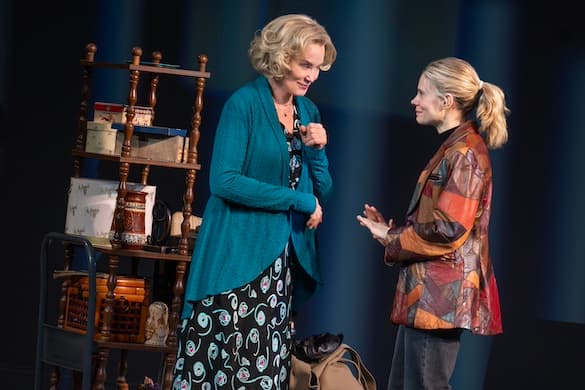
Alabama Lawmakers Consider Bill That Would Make It a Felony To Intentionally Disrupt a Church Service
By BRADLEY CORTRIGHT
|Jessica Lange, Jim Parsons, and a Broadway favorite, Celia Keenan-Bolger star in a semi-autobiographical work that suggests that Vogel harbors considerable anger toward the original ‘Mother,’ and also regards her with some pity.


By BRADLEY CORTRIGHT
|
By WILL FRIEDWALD
|
By NOVI ZHUKOVSKY
|
By NOVI ZHUKOVSKY
|
By DANIEL EDWARD ROSEN
|
By MATTHEW RICE
|
By JOSEPH CURL
|
By BRADLEY CORTRIGHT
|Already have a subscription? Sign in to continue reading
$0.01/day for 60 days
Cancel anytime
By continuing you agree to our Privacy Policy and Terms of Service.